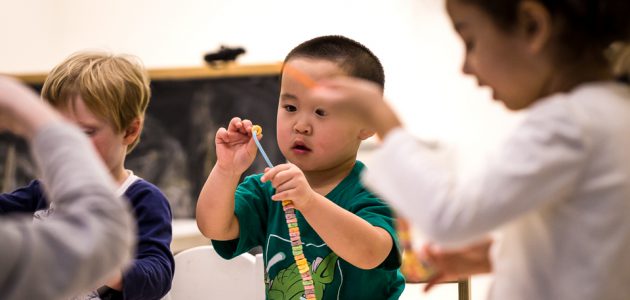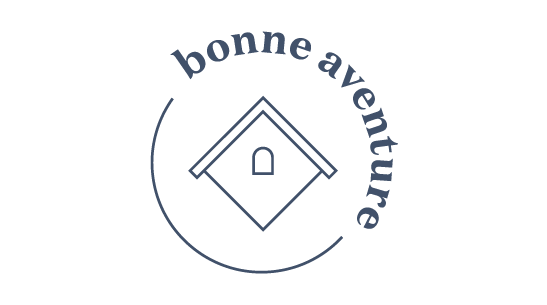-

An Educational Program
with a Complete CurriculumAt Bonne Aventure Preschool, our curriculum is based on Accueillir la petite enfance,
an educational program developed by the Ministère de la Famille et des Aînés.The 4 Basic Principles of Our Program
-
-
Our preschool offers a complete curriculum including monthly themes, organized daily schedules, lesson plans and activities intended to guide learning objectives throughout the year. Our experienced educators have the flexibility and autonomy necessary to recognize the interests of their group and adapt activities based on children’s preferences and level of development.
Through our bilingual program, educators introduce children to learning opportunities in English and in French. Children are encouraged to practice their second language through daily activities and games, in an effort to make this learning fun and practical.
Read more...
To complete the curriculum, our child-centered approach features programs for infants, toddlers and preschool-aged children. It aims to allow children to make choices and connections among ideas promoting communication. It gives children the freedom to think, explore, experience, question, and ultimately search for answers.
Our approach allows teachers to observe how play develops as opposed to directing play, ultimately encouraging children to become more creative and enhancing communication skills with one another.
-
The 6 Dimensions of Children's Global Development
There are essentially 6 major dimensions of early childhood development that are interconnected and steadily progress as children grow up:


